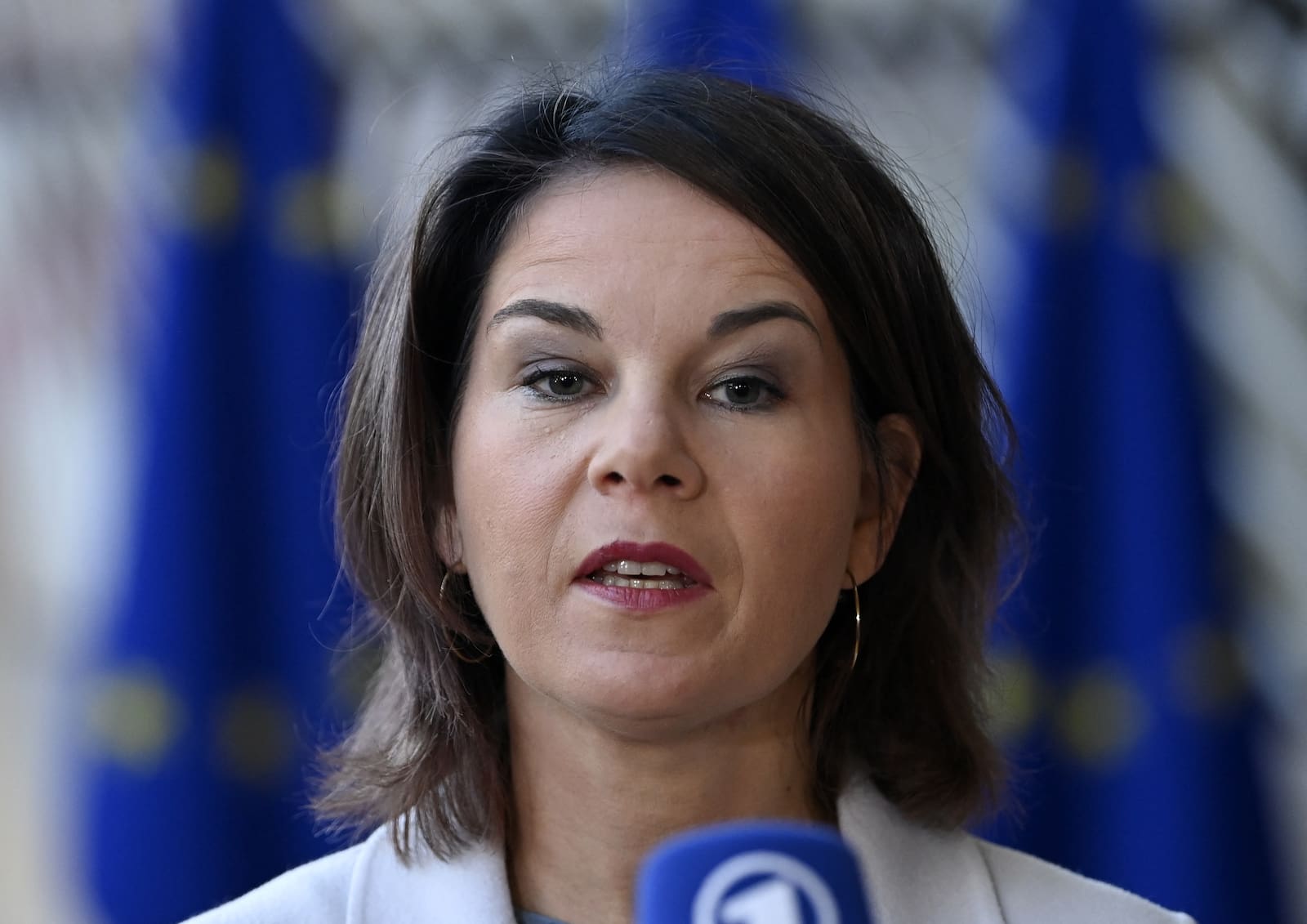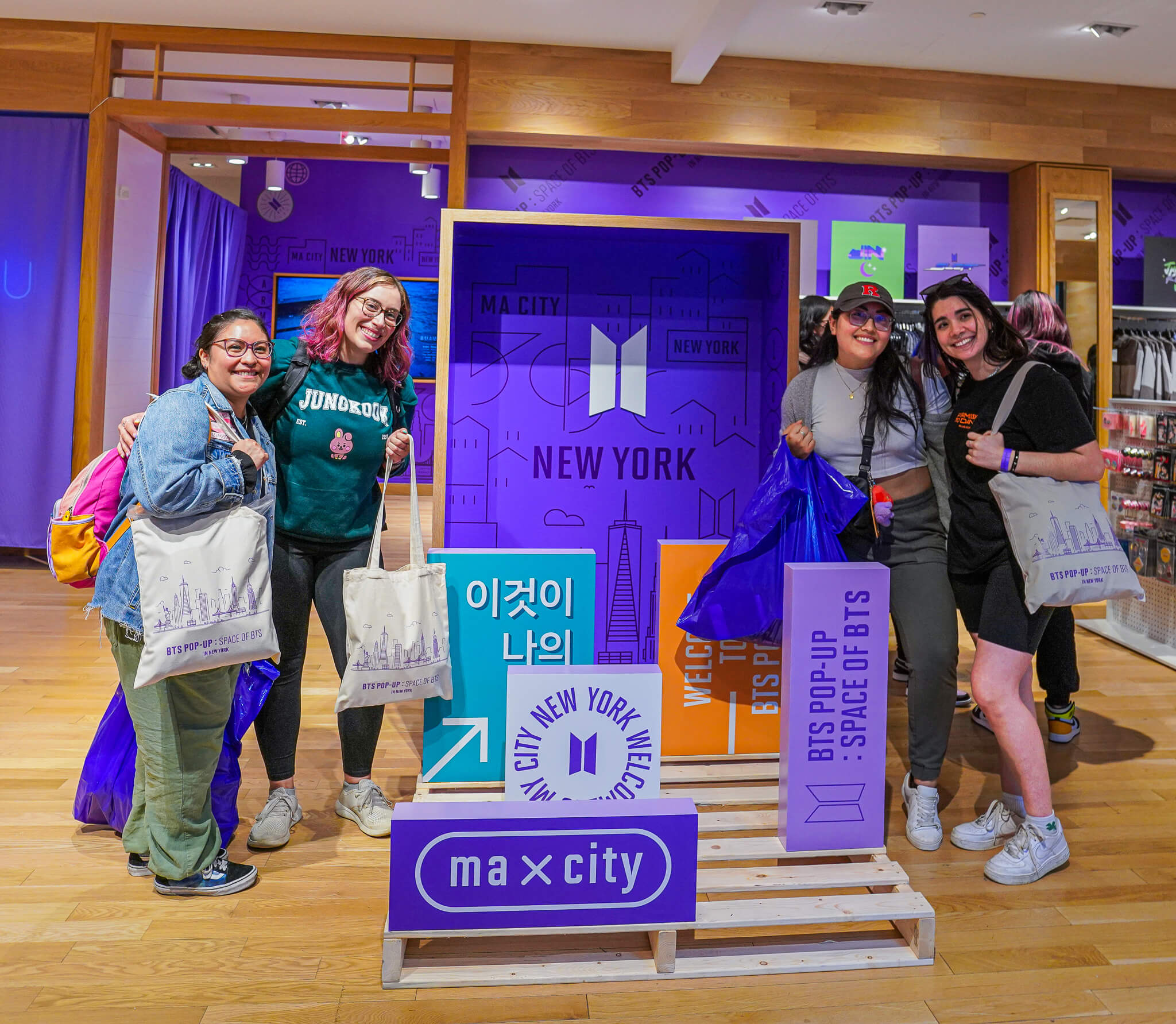Social Media Crackdown: US Imposes Sanctions On Foreign Officials

Table of Contents
H2: Targeted Individuals and Countries
The US social media crackdown has targeted specific individuals and countries allegedly involved in sophisticated disinformation campaigns and election interference. While the exact list of sanctioned entities is subject to change and is often kept confidential for national security reasons, publicly available information reveals a pattern targeting individuals and entities believed to be working in coordination with foreign governments.
-
Examples of Targeted Entities (Note: This is illustrative and may not reflect the complete current list): While specific names are often redacted from public reports for national security reasons, the sanctions have targeted individuals associated with government-backed influence operations in various countries. These operations typically involve creating and disseminating false or misleading information across social media platforms to sway public opinion, interfere with elections, or sow discord.
-
Types of Sanctions: Sanctions imposed vary, but typically include:
- Asset freezes: This action prevents sanctioned individuals from accessing their assets held within US jurisdictions.
- Travel bans: These restrictions prevent sanctioned individuals from entering the United States.
-
Supporting Evidence: For the most up-to-date information on sanctioned individuals and the specific details of their alleged actions, refer to official statements and reports released by the US Department of Treasury's Office of Foreign Assets Control (OFAC) and the Department of State. These reports often include detailed accounts of the alleged malicious activities and the legal basis for the sanctions.
H2: The Rationale Behind the Sanctions
The US government’s justification for this social media crackdown centers on protecting national security and upholding democratic processes. Foreign interference through social media platforms constitutes a form of cyber warfare and information warfare, undermining the integrity of elections and eroding public trust in institutions.
-
National Security Implications: The spread of disinformation and propaganda can significantly impact public discourse, influencing policy decisions and potentially destabilizing political systems. This poses a direct threat to US national security.
-
Relevant Laws and Regulations: The sanctions are often imposed under laws such as the Countering America's Adversaries Through Sanctions Act (CAATSA) and executive orders targeting malicious cyber activities. These legal frameworks provide the authority for the government to take action against foreign actors involved in harmful online behavior.
-
Potential Consequences of Unchecked Influence: Without intervention, unchecked foreign influence on US social media platforms could lead to:
- Erosion of public trust in democratic processes.
- Increased political polarization and social unrest.
- Vulnerability to foreign manipulation during elections and critical policy debates.
H2: Impact and Implications of the Social Media Crackdown
The social media crackdown has significant implications both domestically and internationally. The sanctions imposed can have a considerable impact on the targeted individuals and countries, limiting their financial resources and international travel.
-
Impact on Targeted Individuals and Countries: Sanctions can severely limit the ability of targeted individuals to operate within the international financial system and travel internationally. This can significantly hinder their influence operations.
-
Implications for Social Media Companies: The crackdown underscores the responsibility of social media companies to proactively combat disinformation on their platforms. This necessitates increased investments in content moderation, fact-checking, and transparency initiatives.
-
International Reactions: The US social media crackdown is likely to trigger reactions from other countries and international organizations. Some may criticize the actions as an infringement on freedom of speech, while others might applaud the efforts to combat disinformation.
-
Short-Term and Long-Term Effects: In the short term, we might see a decrease in overt disinformation campaigns emanating from sanctioned entities. Long-term effects are less certain, and may include the development of more sophisticated and harder-to-detect disinformation techniques, or a shift in the tactics used by foreign actors.
H3: The Future of Social Media Regulation
The ongoing social media crackdown points towards a future where social media regulation is increasingly prominent. This includes not only government action, but also the active participation of technology companies.
-
Potential Future Actions: We can expect to see further development of social media policies aimed at combating misinformation, election interference, and foreign influence operations.
-
Free Speech vs. National Security Debate: The tension between protecting freedom of speech and safeguarding national security will continue to be a central theme in policy debates surrounding social media regulation.
-
Role of Technology Companies: Social media platforms have a critical role to play in identifying and removing harmful content, implementing robust verification systems, and promoting media literacy.
Conclusion
The US social media crackdown represents a significant development in the fight against foreign interference and disinformation. The sanctions imposed on foreign officials highlight the growing international concern over the misuse of social media for malicious purposes. The rationale behind the sanctions, centered on national security and the integrity of democratic processes, underscores the seriousness of the threat. While the impact and long-term consequences of this crackdown remain to be seen, it signals a shift towards a more assertive approach to social media regulation. Stay informed about future developments in this ongoing social media crackdown by following official government sources and reputable news organizations to better understand the evolving landscape of online security and global policy. Understanding the complexities of the social media crackdown, its implications for national security, and the ongoing debate surrounding online freedom is crucial for informed participation in our democratic process.

Featured Posts
-
 May 2025 Air Jordan Releases Everything You Need To Know
May 30, 2025
May 2025 Air Jordan Releases Everything You Need To Know
May 30, 2025 -
 Annulation A69 Le Gouvernement Fait Appel Pour Relancer Les Travaux
May 30, 2025
Annulation A69 Le Gouvernement Fait Appel Pour Relancer Les Travaux
May 30, 2025 -
 Gorillaz 25th Anniversary The House Of Kong Exhibition Unveiled
May 30, 2025
Gorillaz 25th Anniversary The House Of Kong Exhibition Unveiled
May 30, 2025 -
 Primera For Women Harnessing Nature For Bladder Health
May 30, 2025
Primera For Women Harnessing Nature For Bladder Health
May 30, 2025 -
 Pop Up Store Bts Guia Completa De Fechas Ubicacion Y Como Llegar
May 30, 2025
Pop Up Store Bts Guia Completa De Fechas Ubicacion Y Como Llegar
May 30, 2025
Latest Posts
-
 Analysis Of Thompsons Monte Carlo Performance
May 31, 2025
Analysis Of Thompsons Monte Carlo Performance
May 31, 2025 -
 Griekspoor Defeats Zverev In Indian Wells Upset
May 31, 2025
Griekspoor Defeats Zverev In Indian Wells Upset
May 31, 2025 -
 Top Ranked Zverevs Early Exit At Indian Wells
May 31, 2025
Top Ranked Zverevs Early Exit At Indian Wells
May 31, 2025 -
 Monte Carlo Thompsons Unfortunate Outcome
May 31, 2025
Monte Carlo Thompsons Unfortunate Outcome
May 31, 2025 -
 Zverevs Second Round Exit At Indian Wells
May 31, 2025
Zverevs Second Round Exit At Indian Wells
May 31, 2025
